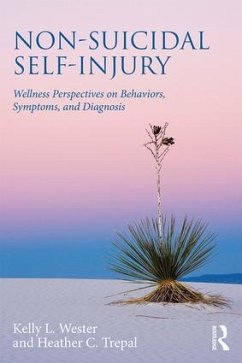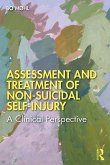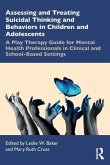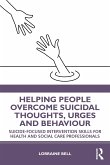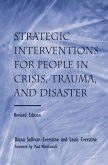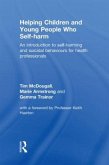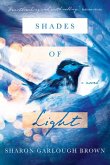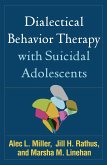Grounded in a wellness, strengths-based, and developmental perspective, Non-Suicidal Self-Injury is the ideal guide for counselors and other clinicians seeking to understand self-injurious behaviors without pathologizing them. The book covers topics not previously discussed in other works, including working with families, supervising counselors working with clients who self-injure, DSM-5 criteria regarding the NSSI diagnosis, NSSI as a protective factor for preventing suicidal behavior, and advocacy efforts around NSSI. In each chapter clinicians will also find concrete tools, including questions to ask, psychoeducational handouts for clients and their families, treatment handouts or treatment plans for counselors, and more. Non-Suicidal Self-Injury also includes real-life voices of individuals who self-injure as well as case vignettes to provide examples of how theoretical models or treatments discussed in this book immediately apply to practice.
Hinweis: Dieser Artikel kann nur an eine deutsche Lieferadresse ausgeliefert werden.
Hinweis: Dieser Artikel kann nur an eine deutsche Lieferadresse ausgeliefert werden.

